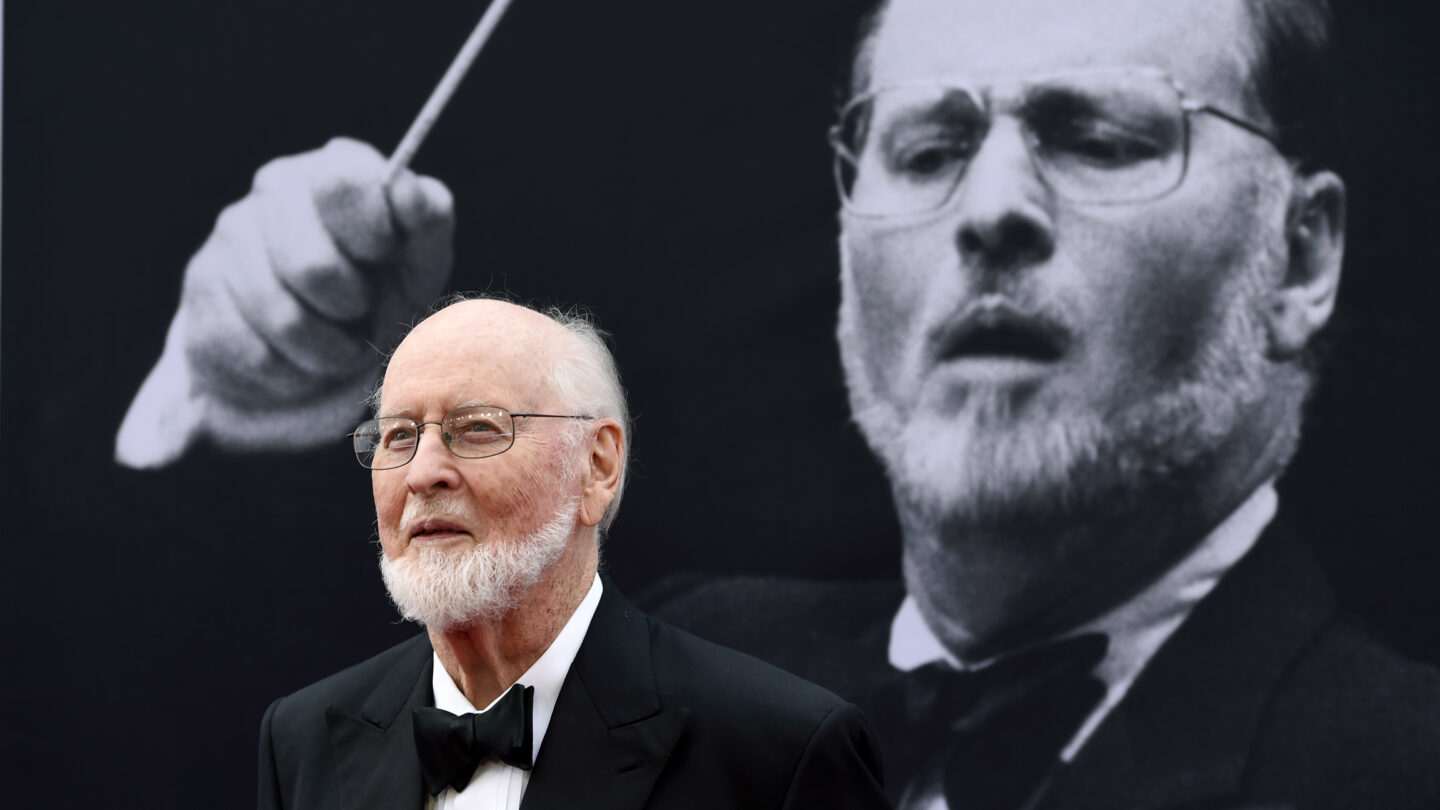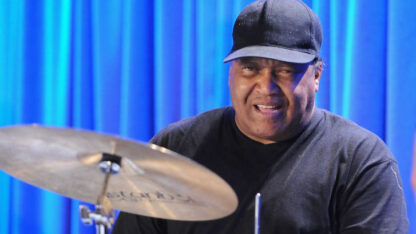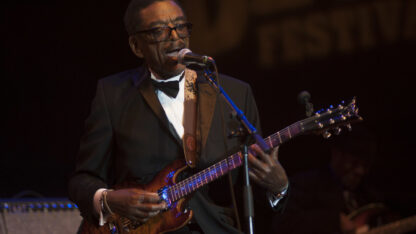Celebrating the music of John Williams: from 'Jaws' to 'Star Wars' to 'Harry Potter' and more

Composer John Williams turned 90 on February 8. He could be the most successful, most recognized, and most influential film music composer in our time. In his 70-year career, he has scored more than a hundred films. His musical soundtracks are attached to some of the most popular movies of all time, including the “Star Wars,” “Jurassic Park,” “Indiana Jones,” and “Harry Potter” franchises, “E.T.,” “Jaws,” “Superman,” “Schindler’s List,” and many more. During his birthday week, his recent album with the Berlin Philharmonic entitled “The Berlin Concert” topped the charts in Germany as the number one best-selling record. WABE film music contributor Dr. Scott Stewart joined “City Lights” host Lois Reitzes to salute John Williams at 90.
Dr. Stewart extolled, “There are few composers that we can name, even from the Austro-Germanic canon, that have music that is so universally recognized and stored in our individual and long-term collective memories as John’s.” The evolving industry of original film music, Stewart said, “has done so under the light of this true North Star.”
The fluency and flexibility of John Williams’ work:
“I’ve heard John say in interviews that he doesn’t think he has a style, but I think there are… musical characteristics in his film scores and his classical music that emerge, at least, as common threads and recognizable patterns,” said Stewart. “His large-scale narrative film scores reference the Golden Age, that large Hollywood orchestra that hearkens back to Korngold and Steiner and Newman, and those composers, of course, largely immigrated from Europe where they grew up during the late Romantic era of music, and they were listening to the music of Richard Wagner and Gustav Mahler and Richard Strauss.”
“A style that we would assign to John Williams… is that I think he writes to picture. That is, his music has such a high degree of correspondence to the narrative content that references characters; it checks out the emotional tone of the entire movie environment it reflects what’s going on in terms of dialogue and action. So John Williams is the master of spinning out these super-expressive and memorable hummable melodies, which attach themselves to emotion and to mood and to character.”
Why musicians love him:
“What I hear from musicians time and time again is how, one, how hard this music is to play. It sounds so easy when you’re sitting in the theater, but it’s intensely virtuosic, and everybody gets a piece of the action,” said Stewart. “A John Williams score certainly includes lush, romantic strings, but you can also often expect really powerful brass. You can always hear a harp in there. The piano is often in the percussion section, and he loves all kinds of percussion accessories in the back…. John Williams is not afraid to go into that orchestra and pull out soloists from unexpected corners.”
Master of the leitmotif, or recurring musical riff:
“John Williams spun a pile of melodies for all of the good and evil characters in all of the “Star Wars” movies, and even one for the Force. Leitmotifs have this nifty quality of being kind of like Play-Doh. They can be mushed up and shaped into different manipulations by the composer to reflect change, growth, mood,” said Stewart. “The most famous leitmotif, surely, that John Williams provided is the famous two-note theme from “Jaws,” and this is an example of a leitmotif that is attached to the shark but is known by most of the people on the planet Earth.”
“We become familiar with Luke and “Luke’s Theme” as the primary “Star Wars” theme. We hear it in the explosive opening crawl, but the first time we meet Luke, he’s just this young idealistic moisture farmer on the desert planet of Tatooine,” said Stewart. “This is not the music of swashbuckling hero that we see swinging across the chasm a few minutes later. This is happy-go-lucky Luke…. So the light motif of the “Star Wars Theme,” the “Luke Theme,” tags him, and it gives us a snapshot of what’s going on in his psyche.”
More about the performance and recording of John Williams’ new album “The Berlin Concert,” captured by Deutsche Grammophon, can be found here.








